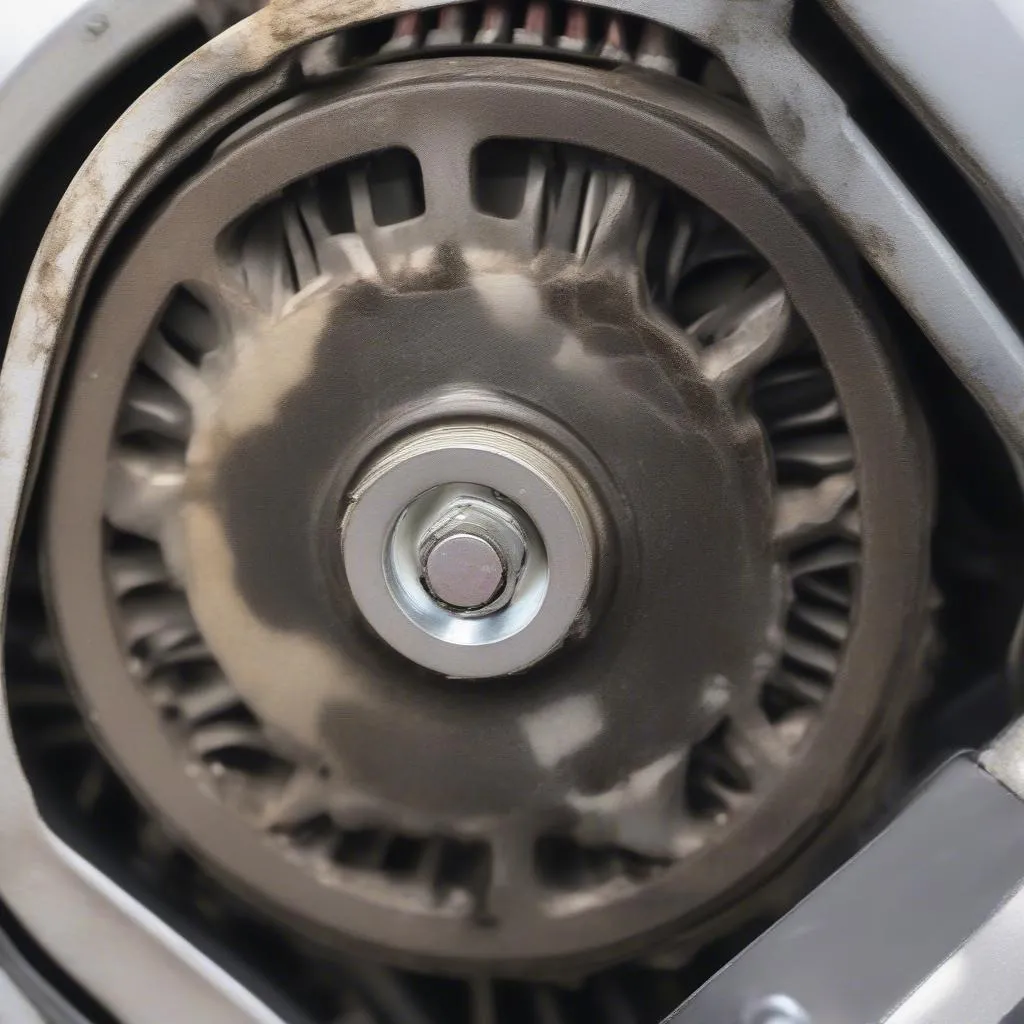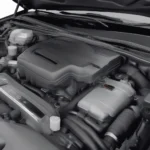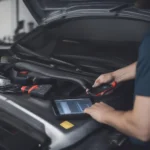Imagine this: you’re cruising down the Pacific Coast Highway in your Ford Mustang, the California sun warming your face, and suddenly, your engine sputters and dies. You try to restart, but all you hear is a disheartening click. Is it a bad battery or alternator? Knowing the difference can save you time, money, and a whole lot of roadside frustration. Let’s dive in!
Understanding the Culprits: Battery vs. Alternator
What Each Component Does:
Before we play detective, it’s essential to understand what each component does:
-
Battery: Think of your car battery like a reservoir of energy. It provides the initial jolt of electricity needed to start your engine. It also powers electrical components when the engine is off.
-
Alternator: Once your engine is running, the alternator takes over. This hardworking component acts like a generator, continuously recharging the battery and powering all those modern conveniences we love – headlights, radio, air conditioning, you name it.
Why It Matters: A Mechanic’s Perspective
“Misdiagnosing a battery issue for an alternator problem (or vice versa) is a common mistake,” explains automotive expert, Dr. Emily Carter, author of “The Complete Guide to Automotive Electrical Systems.” “Understanding the roles of each and recognizing the symptoms can mean the difference between a quick fix and a major repair.”
Spotting the Symptoms: Is It My Battery or Alternator?
While the symptoms of a bad battery and a failing alternator can overlap, some key differences can help you narrow down the culprit.
Bad Battery Symptoms:
- Slow engine crank: Your engine takes longer than usual to turn over before starting.
- Dim or flickering headlights: Headlights may be noticeably dimmer, especially during idling.
- Clicking sound when starting: The clicking sound you hear is the starter motor struggling to draw enough power from a depleted battery.
- Warning light on the dashboard: Look for a battery icon illuminating on your dashboard.
Bad Alternator Symptoms:
- Car stalling while driving: A failing alternator can no longer produce enough power to keep your engine running, leading to stalling.
- Battery warning light on the dashboard: The same battery icon can indicate an alternator problem since it’s responsible for charging the battery.
- Electrical components malfunctioning: You might experience issues with your headlights, power windows, or radio, as the alternator struggles to provide enough power.
- Whining or growling sound from the engine: A failing alternator can produce unusual noises, indicating worn-out bearings or internal issues.
What To Do When You Suspect a Problem
Testing, Testing: Confirming Your Suspicions
-
Jump-start your car: If your car starts with a jump but dies again shortly after, it’s a strong indicator of a failing alternator.
-
Check the battery voltage: A simple voltmeter test can tell you the battery’s charge level.
Seeking Professional Help: Don’t Delay!
While a dead battery might seem like a minor inconvenience, ignoring a failing alternator can lead to more severe and costly repairs down the road. If you’re experiencing any of the symptoms mentioned above, it’s crucial to consult a qualified mechanic. They have the tools and expertise to diagnose the problem accurately and recommend the appropriate course of action.
Frequently Asked Questions:
Can a bad alternator drain my battery?
Absolutely! In fact, a faulty alternator is one of the most common reasons for a dead battery. The alternator’s job is to recharge the battery while the engine is running. If it’s not doing its job, the battery will continue to drain until it’s completely dead.
How long can I drive with a bad alternator?
You might be able to drive for a short distance, perhaps a few miles, with a failing alternator, but it’s not recommended. Remember, as soon as your battery drains, your car will die, leaving you stranded.
How much does it cost to replace a battery or alternator?
The cost of replacement varies depending on your car model and where you get the work done. Generally, expect to pay between $150 to $300 for a new battery and $300 to $700 for a new alternator, including parts and labor.
Related Questions:
- How to know if battery or alternator is bad?
- How can you tell if battery or alternator is bad?
- Signs of a bad car battery vs. alternator
- Bad battery vs. bad alternator
- How to check if alternator is bad or battery?
For more information on car maintenance and troubleshooting, check out our other helpful articles:
- How To Know If Battery or Alternator Is Bad
- Signs of a Bad Car Battery vs Alternator
- How to Check if Alternator is Bad or Battery
Get Back on the Road with Confidence!
Don’t let a bad battery or alternator ruin your day. By understanding the signs and taking action, you can ensure your car stays road-ready.
Need help diagnosing your car troubles? Contact our team of automotive experts on Whatsapp: +84767531508. We offer 24/7 support for all your diagnostic tool needs!



